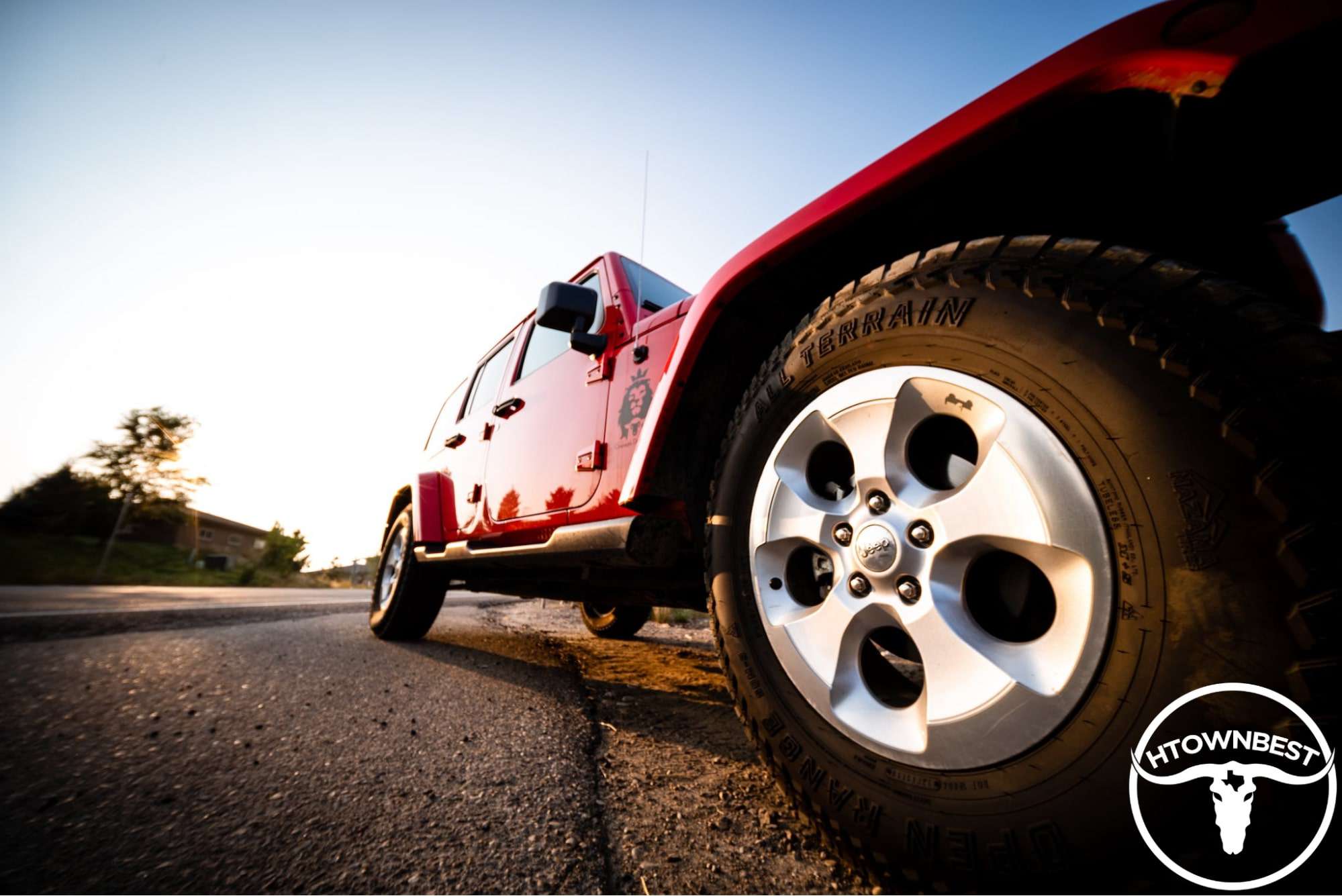Do I need an all-wheel-drive in Houston?

Looking for new wheels to cruise around Houston in style? You might be tempted to splurge on specially-modified cars, but is an all-wheel-drive or AWD vehicle really necessary to get around the city?
Some argue that since Houston, Texas is prone to heavy rains and flooding, that AWDs are necessary to get around the city safely.
Why don’t I need an AWD in Houston?

You don’t need an all-wheel-drive to navigate the streets of Houston because the city’s weather and landscape isn’t extreme enough to warrant these specs for cars, especially considering the extra costs for acquiring cars with AWDs.
AWDs can be a great feature for drivers in certain situations, such as snowy or off-road conditions. However, for those living in Houston, it may not be necessary.
Here are a few reasons why you don’t need an AWD in Houston:
AWDs cost too much.
Image Source: Fast Cool Cars Website
AWD vehicles typically cost more than their two-wheel drive counterparts.* The extra hardware required to provide power to all four wheels can significantly increase the cost of a vehicle.
| Model | AWD price | FWD price | RWD price | Company |
| Subaru Legacy | $24,395 | $22,895 | N/A | Subaru |
| Honda Civic | $24,200 | $20,700 | N/A | Honda |
| BMW 3 Series | $43,000 | $41,000 | $41,000 | BMW |
| Toyota Highlander | $36,000 | $34,600 | N/A | Toyota |
| Audi A4 | $41,000 | $40,000 | $39,100 | Audi |
Another factor to consider is the increased maintenance costs associated with AWD vehicles. AWD systems require more frequent maintenance, which can add to the overall cost of ownership.
This is because AWDs have a more complex drivetrain. They have additional components like a center differential, transfer case, and driveshafts, which can require more maintenance and repairs.
This includes additional maintenance on the drivetrain, suspension, and brakes, which can be more costly than maintenance on a two-wheel drive vehicle.
Over a five-year period, you can expect to spend an average of the following figures for each car type:
| AWD | BWD | FWD |
| $1,500 to $2,500 | $1,200 to $2,200 | $1,000 to $2,000 |
AWD systems can also negatively impact fuel economy. The added weight and complexity of the AWD system can reduce the vehicle’s efficiency, leading to increased fuel consumption and higher fuel costs over time.
AWDs have lower miles per gallon rating, which means you can run a shorter distance on the same amount of fuel compared to other vehicle types. Below is a table comparing the MPGs of different cars and car types.
| Vehicle Make and Model | Drive Type | City MPG | Highway MPG | Average MPG |
| Subaru Outback | AWD | 25 | 32 | 28 |
| Honda CR-V | FWD | 29 | 37 | 34 |
| Mazda CX-5 | FWD | 27 | 33 | 31 |
| Toyota Camry | FWD | 28 | 39 | 32 |
| Dodge Charger | RWD | 27 | 34 | 29 |
| Ford Mustang | RWD | 25 | 37 | 29 |
Houston has mild weather conditions.

AWD is a drivetrain system that distributes power to all four wheels of a vehicle to provide better traction and stability on slippery or uneven surfaces. It’s particularly useful in areas that experience extreme weather conditions, such as heavy snow or ice.
However, in Houston, snow and ice are extremely rare occurrences (does Houston ever get snow). The city’s average annual snowfall is less than 0.1 inches, and the average low temperature in January, the coldest month of the year, is around 44°F (7°C).
Since Houston’s climate is typically warm and humid, with mild winters and hot summers the need for all-wheel drive (AWD) vehicles in the city is generally limited.
The terrain in Houston is manageable.

When it comes to driving in Houston, the terrain and streets in Houston are generally well-maintained and manageable. Houston is located in a relatively flat region of Texas, with no significant elevation changes.
Furthermore, Houston is a large metropolitan area with a well-developed road infrastructure. The streets are designed to accommodate heavy traffic flows, with ample lane widths and turning radii.
This means that even during inclement weather, such as heavy rain or occasional snowfall, the streets are typically cleared and safe for driving.
Why do some Houstonians still opt for AWDs?

Some Houstonians still opt for AWD cars because they provide better traction and stability, making them safer to drive in certain situations. Others prefer it for offroading as well.
For instance, during heavy rainfall or flooding, AWD cars may be able to navigate through standing water more effectively. But, the rainfall and flooding in the city is not drastic enough to warrant AWD specifications.
Additionally, people prefer the handling of AWDs especially on slippery roads, such as those covered in ice or snow, but this is only useful in very few parts of Houston and only very short periods of time in a year.





